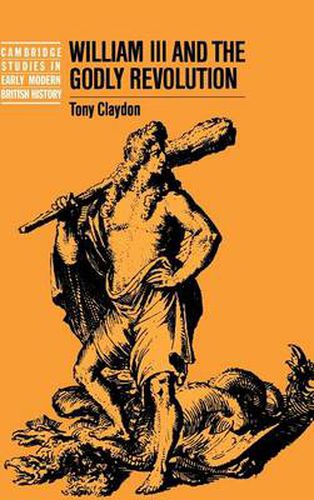Readings Newsletter
Become a Readings Member to make your shopping experience even easier.
Sign in or sign up for free!
You’re not far away from qualifying for FREE standard shipping within Australia
You’ve qualified for FREE standard shipping within Australia
The cart is loading…






This is the first extensive account of royal propaganda in England between 1689 and 1702. It demonstrates that the regime of William III did not rely upon legal or constitutional rhetoric as it attempted to legitimate itself after the Glorious Revolution, but rather used a protestant, providential and biblically-based language of ‘courtly reformation’. This language presented the king as a divinely-protected godly magistrate who could both defend the true church against its popish enemies, and restore the original piety and virtue of the elect English nation. Concentrating upon a range of hitherto understudied sources - especially sermons and public prayers - the book demonstrates the vigour with which these ideas were broadcast by an imaginative group of propagandists enabling the king to cope with central political difficulties - the need to attract support for wars with France and the need to work with Parliament.
$9.00 standard shipping within Australia
FREE standard shipping within Australia for orders over $100.00
Express & International shipping calculated at checkout
This is the first extensive account of royal propaganda in England between 1689 and 1702. It demonstrates that the regime of William III did not rely upon legal or constitutional rhetoric as it attempted to legitimate itself after the Glorious Revolution, but rather used a protestant, providential and biblically-based language of ‘courtly reformation’. This language presented the king as a divinely-protected godly magistrate who could both defend the true church against its popish enemies, and restore the original piety and virtue of the elect English nation. Concentrating upon a range of hitherto understudied sources - especially sermons and public prayers - the book demonstrates the vigour with which these ideas were broadcast by an imaginative group of propagandists enabling the king to cope with central political difficulties - the need to attract support for wars with France and the need to work with Parliament.